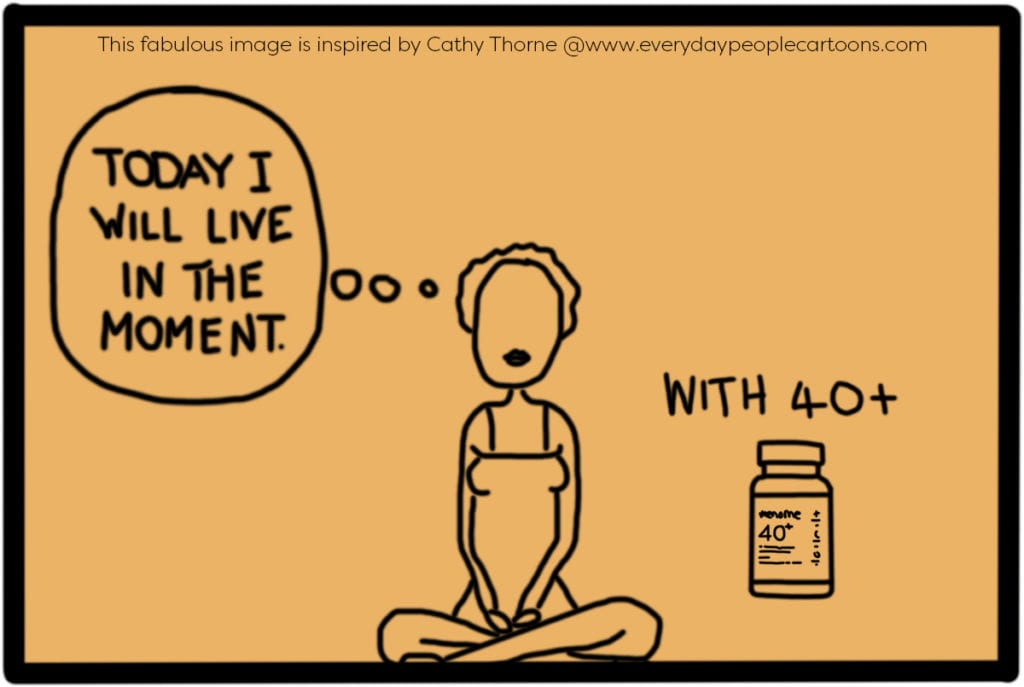Rapid Heart Beat
Symptoms in Detail
While this sign gives new meaning to the phrase ‘be still my beating heart’, heart palpitations can be distressing.

Why do we experience rapid heartbeat?
An erratic heartbeat is quite a common menopausal symptom but it isn’t very well-known and can therefore be very disturbing.
As with so many of the signs and symptoms of peri/menopause the decline of estrogen is usually behind it as lower levels of estrogen have a direct effect on the heart and blood pressure. This causes the stress hormone cortisol to rise and heart palpitations can be one of the by-products of high cortisol.
What can you do to help ease this symptom?
Try and minimise your stress levels by staying active, meditating, practising mindfulness, eating well and deep breathing. Yoga is a good practise to take up at this time. Take 40+ or 55+ to help balance your levels of estrogen.

5 Things You Can Do If A Panic Attack Strikes
A panic attack. If you’ve never had one count yourself lucky, but bear in mind that no one is immune.

Science Says: Mindfulness Aids Menopausal Signs
Mindfulness. Have you noticed it’s a bit of a buzzword at the moment, right up there with meditation and ommmm-ing?

6 Things Every Woman Ought To Know About Menopause, Magnesium & MenoMe® 55+
Magnesium. Also known as the ‘mighty mineral’, magnesium is vital to wellbeing which is why we’ve included it in 55+.
Know the 34 symptoms of menopause
Here are all of the documented symptoms of menopause you need to look out for:
Physical Symptoms
- Incontinence
- Changes in Body Odour
- Bouts of Rapid Heart Beat
- Breast Pain
- Headaches
- Joint Pain
- Itchy Skin
- Burning Mouth Syndrome
- Electric Shock Sensation
- Digestive Problems
- Gum Problems
- Increased Tension in Muscles
- Formication - Crawly Skin
- Paresthesia - Numbness in Hands and Feet
- Osteoporosis - After Several Years






